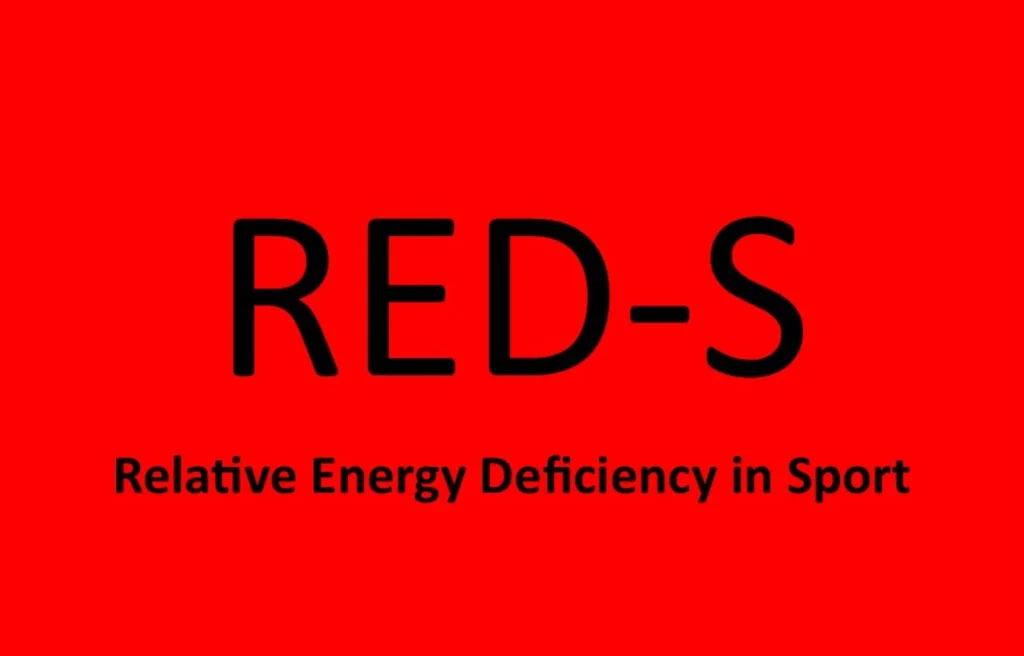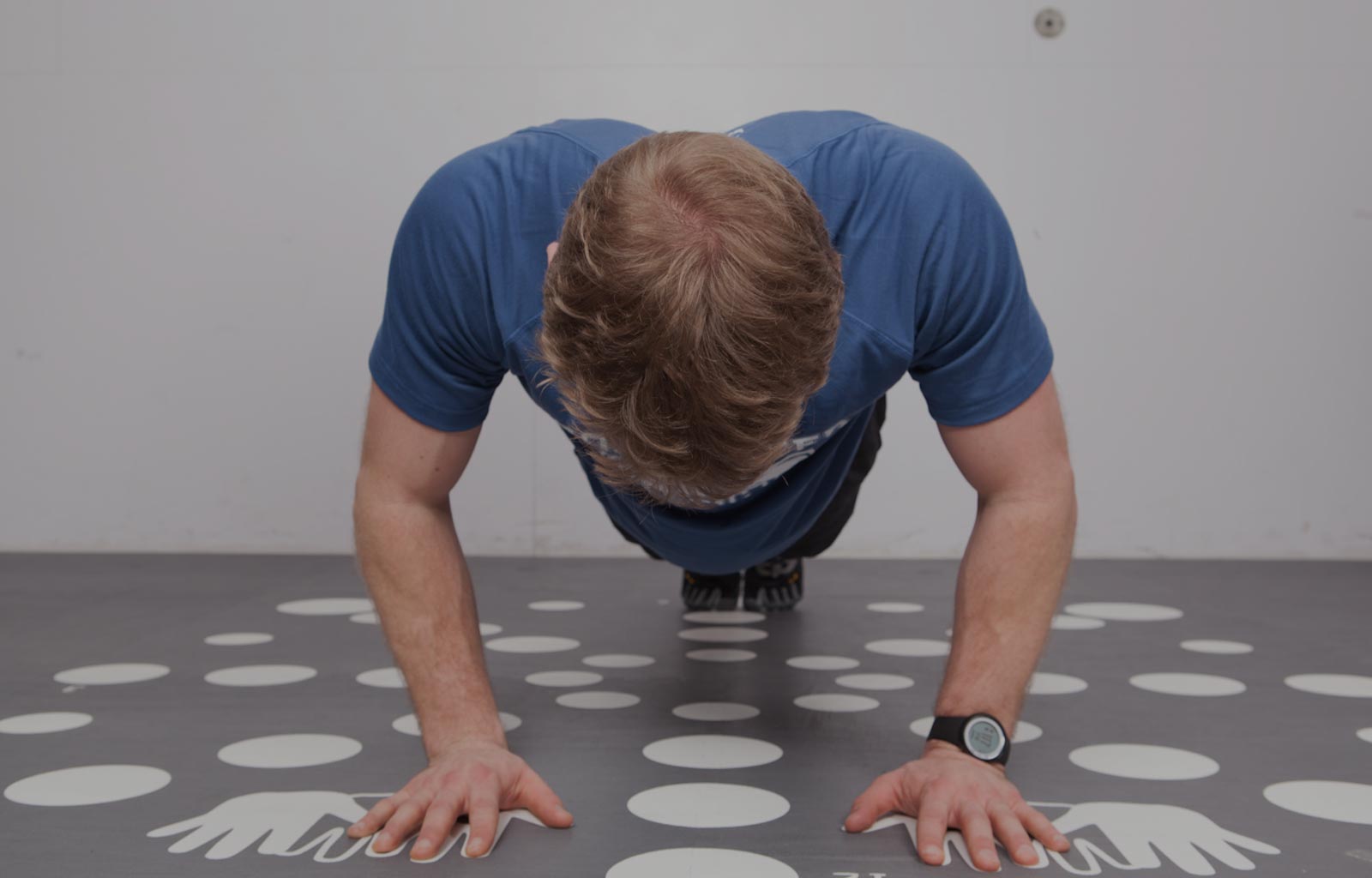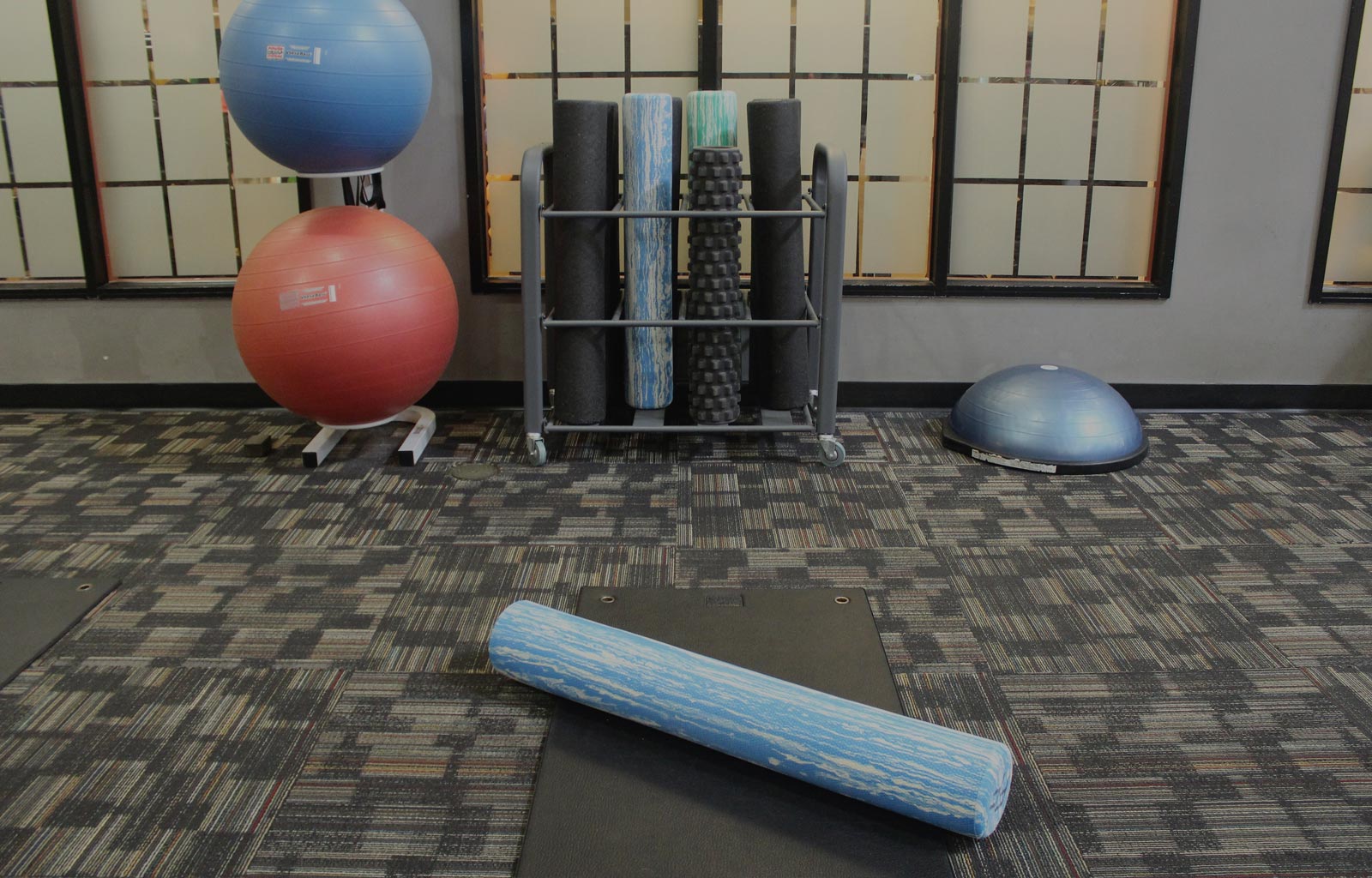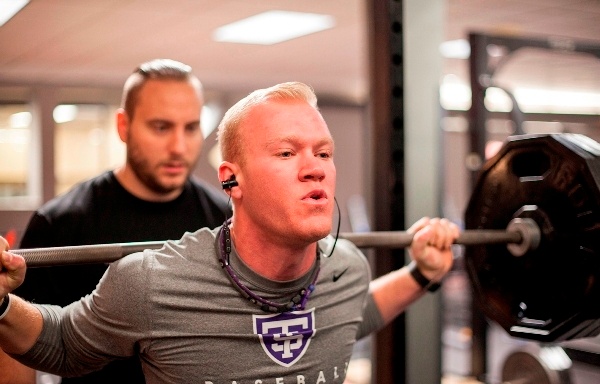Relative Energy Deficiency in Sport (RED-S) refers to a group of symptoms that occur when an athlete fails to consume enough calories for the sport in which they are participating. This condition of under fueling may or may not be associated with an eating disorder. The negative energy balance could simply be due to over exercise or unintentional under fueling.
This state of chronic under fueling can lead to poor health and declines in athletic performance. If RED-S is caught early it can be an easy fix. Treatment is simply to balance your intake with expenditure, which simply means eat more, train less or both!
If RED-S is not caught early this can develop into disordered eating, osteoporosis and amenorrhea. This group of symptoms was formerly called the Female Triad. The triad is a condition that can often go unnoticed until the diagnosis of stress fracture in female athletes.
The term RED-S has replaced the female triad because it is more all-encompassing to include males. RED-S also goes beyond bone health and menstrual cycle concerns to show that severe calorie deficit can result in many other long-term health consequences. Long-term RED-S can impair immunity, affect mental health, decrease metabolism and even cause cardiovascular health changes.
My goal with this article is to raise awareness of the early sign of RED-S and prevent more serious consequences.
Early Signs of RED-S
- Trouble Sleeping
- Mood Shifts
- Frequent Illness
- Constipation/GI complaints
- Performance stalls/declines
Many athletes may initially see some improvements in performance with dieting and weight loss. However, eventually this deficiency in calories is going to catch up with the athlete. Food is fuel after all!
You would not expect your car to drive without gas, just as you should not expect your body to perform to its full potential without proper fueling. It is important for both coaches and athletes to be aware of decrease in performance for athletes who are chronically under fueled. As RED-S progresses the body’s hormone levels are affected, which can start to affect performance.
Performance Consequences of RED-S
- Decrease in endurance due to decrease in glycogen stores
- Increase in injury risk
- Decrease in coordination and concentration
- Increase in fatigue
- Decrease in strength
A severe calorie deficiency over a period of time will cause estrogen to drop. This drop in estrogen halts the menstrual cycle and can delay growth and the onset of puberty. A loss of period for longer than 3 months (amenorrhea) is a huge warning sign!!
The drop in estrogen can also lead to loss of bone density. Chronic under fueling puts athletes at very high risk for stress fractures and a life long battle with osteoporosis. In addition to poor bone health, below is a list of how RED-S can affect many facets of overall wellbeing.
Long Term Consequences of RED-S
- Decreased metabolism
- Impaired immunity
- Cardiovascular health changes
- Loss of menstrual cycle and impaired reproductive function
- Lower testosterone and impaired libido
- Decrease in bone mineral density which could have permanent effects
- Depression or mood changes
Preventing RED-S
The prevention of RED-S will require a shift away from the weight loss culture in certain sports. It is best to choose a sport that complements your natural body strengths. It is also so important to de-emphasize weight loss as a factor in performance, especially in younger athletes. Parents and coaches should be careful not to promote dieting as a way to improve performance. Food should only be referred to in a positive way as fuel for success.
Be wary of any coach that puts competitive success ahead of overall wellbeing. Be a role model and speak out if others are making negative comments on weight or body shape. Lastly, think of food as FUEL – which is truly the ultimate performance enhancer!
References:
Relative Energy Deficiency in Sport (RED-S) | Health Promotion | Brown University




